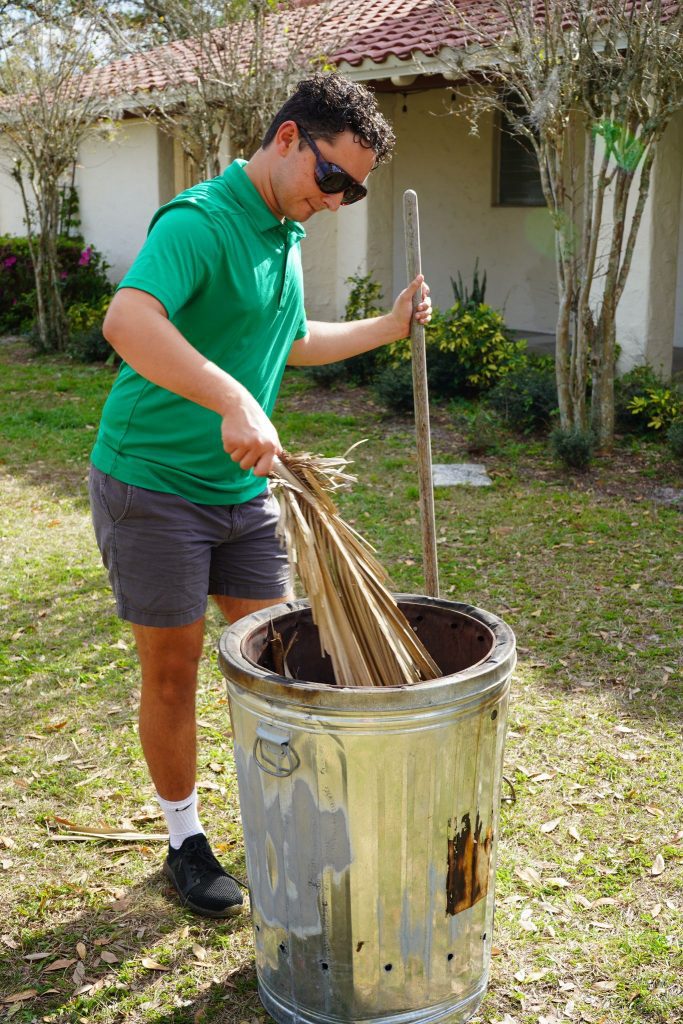The history of agriculture has seen the rise and fall of numerous practices, each with its own set of pros and cons. However, the current state of the environment demands that we take a closer look at our farming methods and make changes for the better. One solution that has been gaining momentum is the use of biochar in conjunction with regenerative farming practices.
What is biochar?
Firstly, let’s understand what biochar even is. Biochar is a form of charcoal that is produced by heating organic material in the absence of oxygen. When added to soil, it can improve soil quality, retain water, and increase crop yields. But the benefits of biochar don’t stop there. Its use can also help mitigate climate change by sequestering carbon in the soil. This means that carbon that would otherwise be released into the atmosphere is instead stored in the ground, reducing greenhouse gas emissions.

Fleet Farming biochar jarred and prepared to sell to the local farming community.

Fleet Farm Manager, Dawson, mixing materials in preparation for burning.

Palm fronds are a great, dry material to kindle the fire.
What is regenerative farming?
On the other hand, regenerative farming is a holistic approach to agriculture that seeks to improve soil health, increase biodiversity, and promote sustainable practices. It involves techniques such as crop rotation, cover cropping, and reduced tillage. By using regenerative farming methods, farmers can help to restore the natural balance of their ecosystems, leading to healthier soil, cleaner water, and increased resilience against extreme weather events.

Fleet Farming Vegetable Sales Coordinator, Vern, in the middle of harvesting from Fleet’s regenerative neighborhood farms in Audubon Park, FL.
A powerful pair
Together, biochar and regenerative farming practices offer a powerful solution for the environmental challenges we face today. By using biochar in the soil, we can improve the quality and fertility of the land, while also sequestering carbon and reducing greenhouse gas emissions. And by implementing regenerative farming practices, we can restore the natural balance of our ecosystems, leading to more resilient and sustainable agricultural systems.
A more sustainable future
While there are certainly challenges to implementing these practices on a large scale, the potential benefits are enormous. By taking a more holistic approach to agriculture and working with the natural systems around us, we can create a more sustainable future for ourselves and for the planet. As consumers, we can support these efforts by choosing to buy from farmers who use these methods, and by advocating for policies that promote regenerative farming and the use of biochar. Let us embrace this opportunity to work towards a more sustainable future for all.








